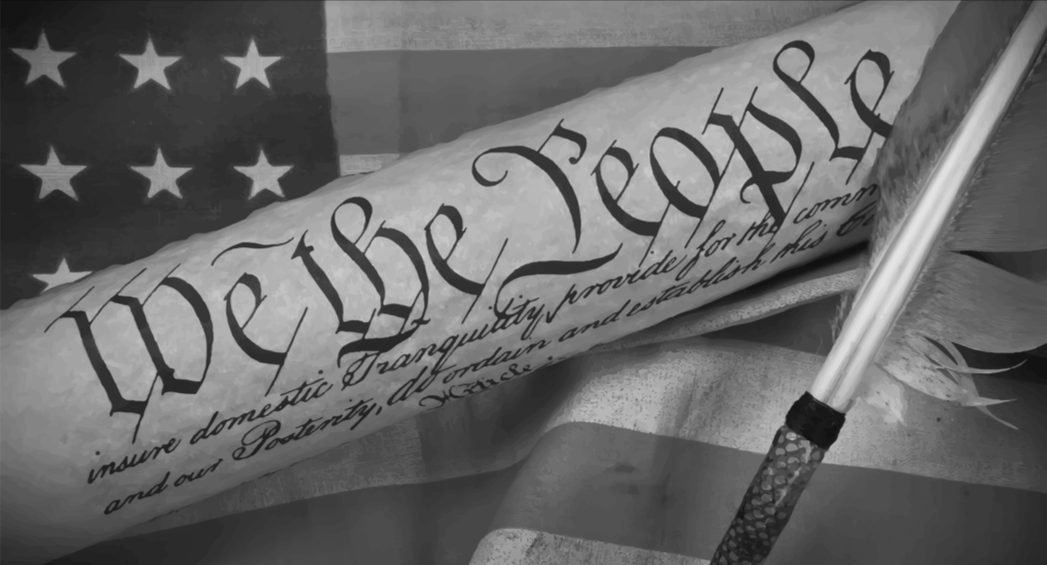For most of the modern age (1500s – 1945), the issue of independence for Catalonia has been raised time and time again.
After the fall of Francisco Franco and Spain’s transition towards a democracy in the 1970’s, the issue of Catalonian independence began to quietly brew–and in just the past few weeks, this issue has seemingly reached a boiling point:
Catalonia has declared independence, while Spain has acted quickly to temporarily uproot the “rebellious” Catalonian institutions of government to ensure Catalonia remains.
The question of independence for any people is a subject that should first be understood from the philosophical precepts that entirely underpin it.
These precepts are: the State, the Rights of Man, and most importantly, the interaction between the State and the People.
To start, we must make a clear distinction in what a right is, and what Rights we are talking about.
In the most simplistic discussion of the Rights of Man, there are two categories: Natural Rights and Civil Rights.
Natural Rights are those that are inherent, inalienable and fundamental to every person that stem from a higher authority than any government or society, God (or Nature, as you will); an example of a natural right would be the freedom of speech.
Civil Rights are those that are granted to the people by the state; an example of a civil right would be the right to vote.
In order to properly examine the topic of rights and revolution, we can look to than the American Declaration of Independence, created circa July, 1776.
The question of independence for any people is a subject that should be first understood from the philosophical precepts that entirely underpin it.
The Declaration of Independence set a precedent in which the American Continental Congress threw off the yoke of British tyranny and declared once and for all their independence before God, the world, and all mankind.
They so resolved: “We hold these truths to be self-evident, that all men are created equal, that they are endowed by their Creator with certain unalienable Rights, that among these are Life, Liberty and the pursuit of Happiness.
“That to secure these rights, Governments are instituted among Men, deriving their just powers from the consent of the governed, That whenever any Form of Government becomes destructive of these ends, it is the Right of the People to alter or to abolish it, and to institute new Government, laying its foundation on such principles and organizing its powers in such form, as to them shall seem most likely to effect their Safety and Happiness.”
In one fell swoop, Thomas Jefferson and the Continental Congress outlined the fundamental nature of the State, an ideal government, and affirmed that the natural rights of mankind could not be abridged, infringed or removed by any earthly legal or political power.
The Continental Congress was setting a precedent, and acknowledged the abnormality of the endeavor that they were undertaking.
Such activities as open revolution and the pursuit of independence, were not to be taken lightly, as the Declaration continues to state:
“Prudence, indeed, will dictate that Governments long established should not be changed for light and transient causes; and accordingly all experience hath shewn, that mankind are more disposed to suffer, while evils are sufferable, than to right themselves by abolishing the forms to which they are accustomed.
“But when a long train of abuses and usurpations, pursuing invariably the same Object evinces a design to reduce them under absolute Despotism, it is their right, it is their duty, to throw off such Government, and to provide new Guards for their future security.”
The Declaration of Independence set a precedent in which the American Continental Congress threw off the yoke of British tyranny and declared once and for all their independence before God, the world, and all mankind.
The Declaration goes on at that point to list 27 grievances against the British State that grossly disrespected the enterprises and liberties of the American colonists.
Yet, Jefferson and the affirming congressmen persisted in their assertion of one truth: that when a State continuously erodes and outright denies essential liberties, it is necessary to uproot the old State and install a new one, rededicated to the protection of the liberties and livelihoods of the people.
We now return to the issue of Catalonian Independence.
I cannot speak to the abuses that Catalonia has suffered at the hands of the Spanish state, as I do not know all of them, but more importantly, it is not my place to cast judgement on whether the movement is right or wrong.
First, if a state does not have the absolute authority to maintain its sovereignty, continuity and territorial integrity, then it cannot effectively govern the people.
All revolution is technically illegal.
That being said, no State has the power to strip away, no matter what force they apply, the natural rights of the people–and thereby, the people always retain the right and power to overthrow any government that becomes continuously detrimental to the people.
If in a legal sense, it is illegal to rebel but simultaneously natural to overthrow a State that has become too overbearing, the success of these endeavors becomes the burden of the people who undertake the cause of independence.
Thus success relies upon the answer to one simple question: “What are you prepared to do?”
Our Founding Fathers were willing to do quite a lot, and sacrifice much more.
They resolved: “And for the support of this Declaration, with a firm reliance on the protection of divine Providence, we mutually pledge to each other our Lives, our Fortunes and our sacred Honor.”
The Founding Fathers knew that they were committing treason, and that the price of failure could be imprisonment or death- but they collectively staked their lives and fortunes to establish a new nation.
One must ask, is Catalonia willing to do the same?
